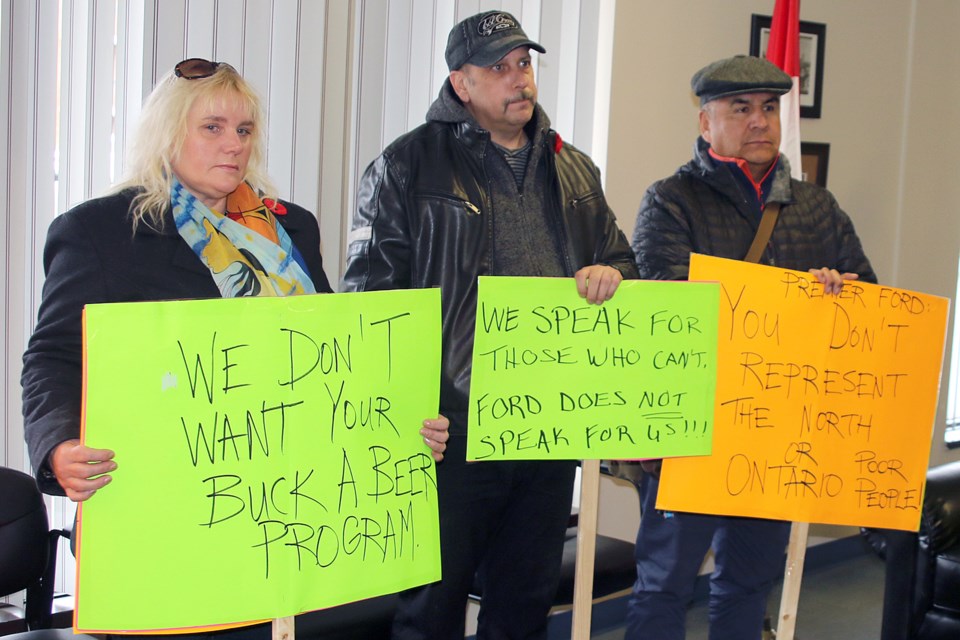THUNDER BAY – Charla Robinson and the Thunder Bay Chamber of Commerce are encouraging the federal government to consider launching a nationwide basic income pilot project.
The local chamber co-sponsored the policy with the Hamilton Chamber of Commerce. It was passed this week at the Canadian Chamber of Commerce’s virtual annual general meeting.
“From the perspectives of our members, some of the great appeals of guaranteed basic income are that it could have the effect of streamlining a complicated welfare system and enhancing efforts to build a skilled workforce while injecting money into communities that gets spent overwhelmingly at local businesses,” Robinson said in a release issued on Thursday.
Ontario’s previous Liberal government instituted its own basic income pilot in 2018, launching it in four cities, including Thunder Bay.
But it was shortlived, the Conservative government that followed cancelling the initiative later that year.
At the time activists picketed outside Thunder Bay-Superior North MP Patty Hajdu’s office, asking the federal government to take over the project.
Hajdu, in November 2018, said social assistance programs were part of the provincial jurisdiction and not Ottawa's responsibility.
“I don’t know if necessarily basic income is the right approach,” Hajdu said two years ago, suggesting corporations could play a role by creating meaningful jobs.
That was pre-COVID times.
The Canadian Chamber of Commerce’s proposal said a federal pilot project would provide evidence-based information for governments to help them understand if a guaranteed income is cost-effective, fiscally sustainable, changes the socio-economic outlook of recipients, their participation in the labour market or their uptake of training or education opportunities.
The Ontario plan, which was instituted in April 2018, enrolled more than 4,000 people in Thunder Bay, London and Hamilton. It provided up to $16,989 for a single person, minus 50 per cent of earned income. Couples got $24,027, with the same caveat.
It was meant to be a three-year pilot project.
If the province won’t step up, it’s time to take it to a higher level of government, said Keanin Loomis, CEO of the Hamilton Chamber of Commerce.
“I’m thrilled that our colleagues agreed that the time is ripe for the CCC to have a position on one of the most topical and potentially transformational public policy proposals in our national discourse, guaranteed basic income,” Loomis said. “One could very easily see this as being a major issue in the next election.”
Since the pandemic hit, the federal government has been providing thousands of out-of-work Canadians with a monthly $2,000 stipend through the Canada Emergency Response Benefit.
